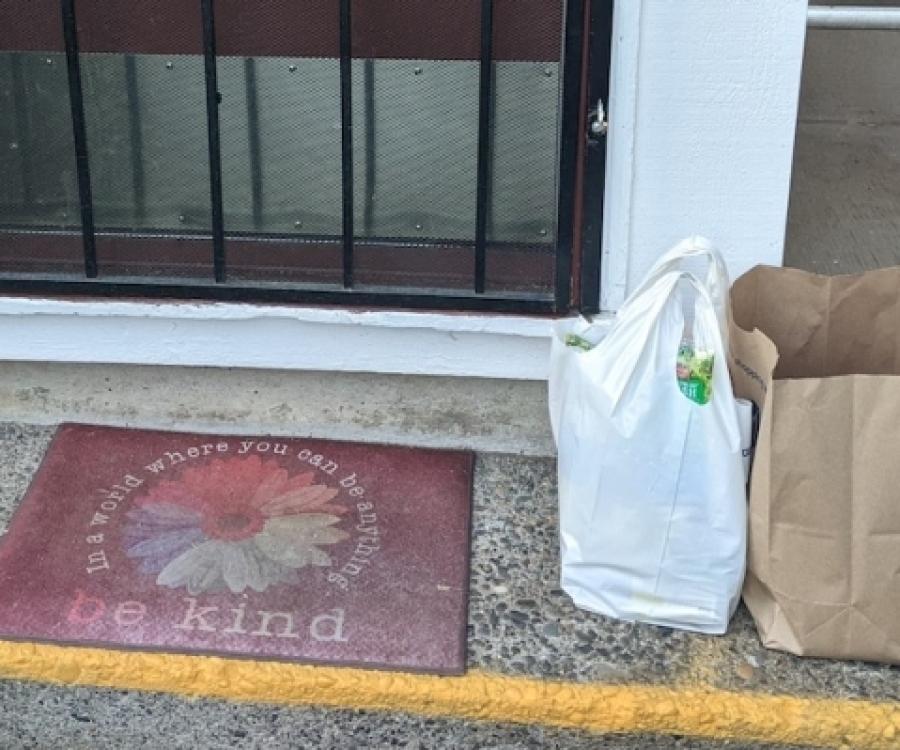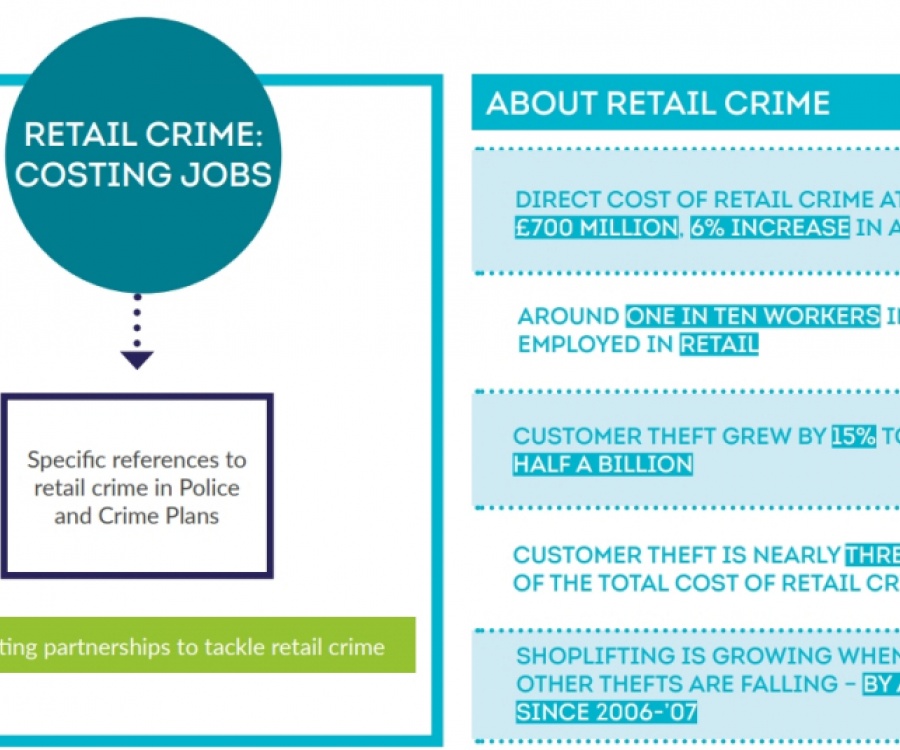
German consumers are food-conscious and increasingly select fresh products. Simultaneously, there is a growing uncertainty regarding storage and storage life. This is one of the results of a recent survey conducted on behalf of Bizerba, a market-leading provider of technology solutions for handling fresh food. More than half (55 percent) of the respondents indicated that they feel uncertain regarding the edibility of products and think that they are poorly informed in some cases. This often results in the disposal of products that are still edible. On the other hand, overly careless handling of food bears health risks. Technological solutions for improved consumer information could help.
There is a trend to preferably consume unprocessed food: 41 percent of all Germans increasingly bought fresh products in the past five years, and eight out of ten consumers are convinced that these are healthier than industrially-processed products. These are the results of a survey conducted among 1,015 consumers in spring 2017 by OpinionWay.
However, consuming fresh food entails several problems. If consumers buy the product at the counter, there will be no indication of the best-before date in most cases. Thus, customers will have no clue about how long the product will be edible. Only one third of all consumers feel properly informed about the storage life of fresh food. Consequently, many consumers prefer to play safe: according to the survey, 60 percent of all respondents have already disposed of fresh food because they were uncertain about its storage life. Others, in turn, unscrupulously consume expired food. 78 percent of the respondents stated they had at least once eaten expired food regardless of potential health risks.
“This uncertainty is not necessary,” said Tudor Andronic, Vice President Global Retail at Bizerba. “We could often come up with a solution based on modern technology, providing consumers with information on origin, ingredients and best-before date.”
For instance, special labels with a time-temperature indicator give an indication if and how long the cold chain of a product was interrupted. In the future, smart chips can provide more information and indicate the freshness of unpacked meat or fish. 54 percent of the respondents are interested in such systems. Information about proper storage is needed and appropriate as well. For instance, 44 percent of the respondents said that they regularly wash fresh food before storing it in their refrigerator although this practice degrades storage life. Opening and re-packing vacuum-sealed food, which is practiced by a third of all consumers, also has a negative influence on storage life.
“Modern tools pave the way towards many scenarios enabling consumers to make informed decisions, thereby helping to reduce the wastage of still edible food. To this end, manufacturers and retailers must cooperate more closely, and they must also be able to invest in suitable solutions”, said Andronic. “Information can only be the basis for a decision, and it depends on the consumer if and how this information is finally used. Eventually, consumers must decide how they store a product and if they still want to eat it or not. But it is the task of retailers and the processing industry to provide consumers with relevant information.“










